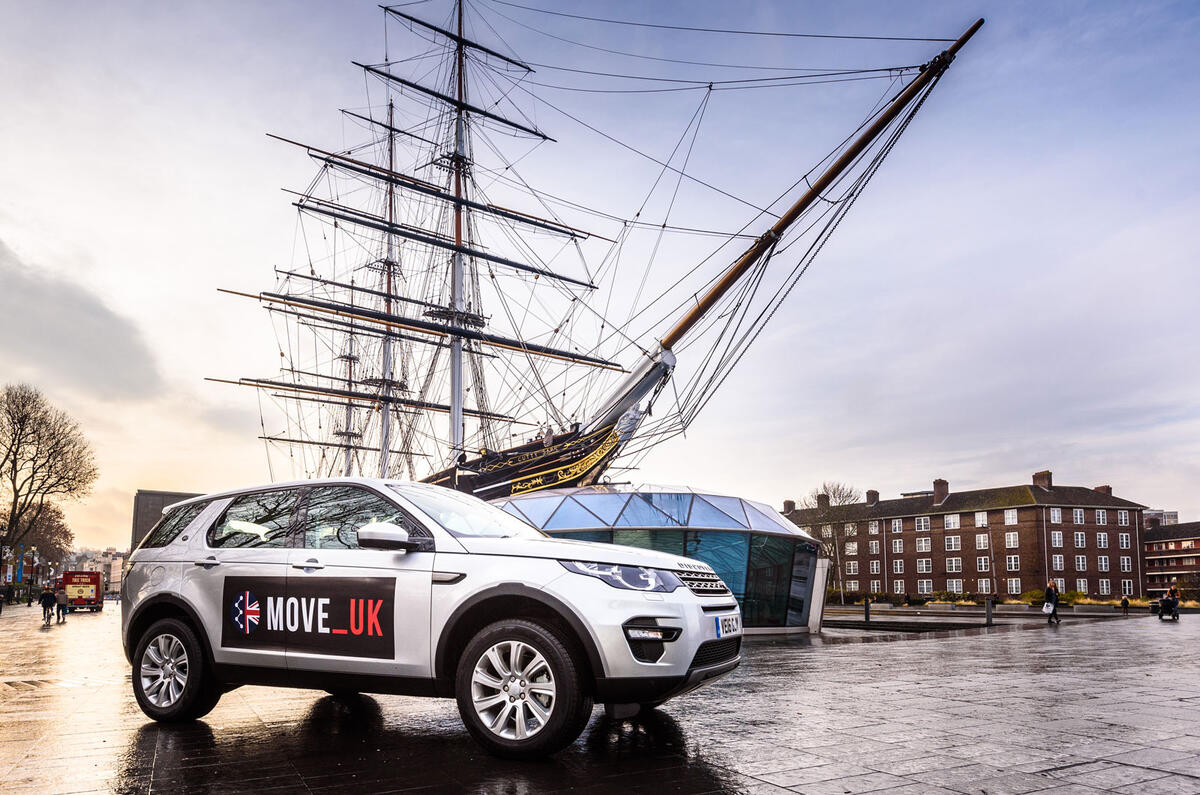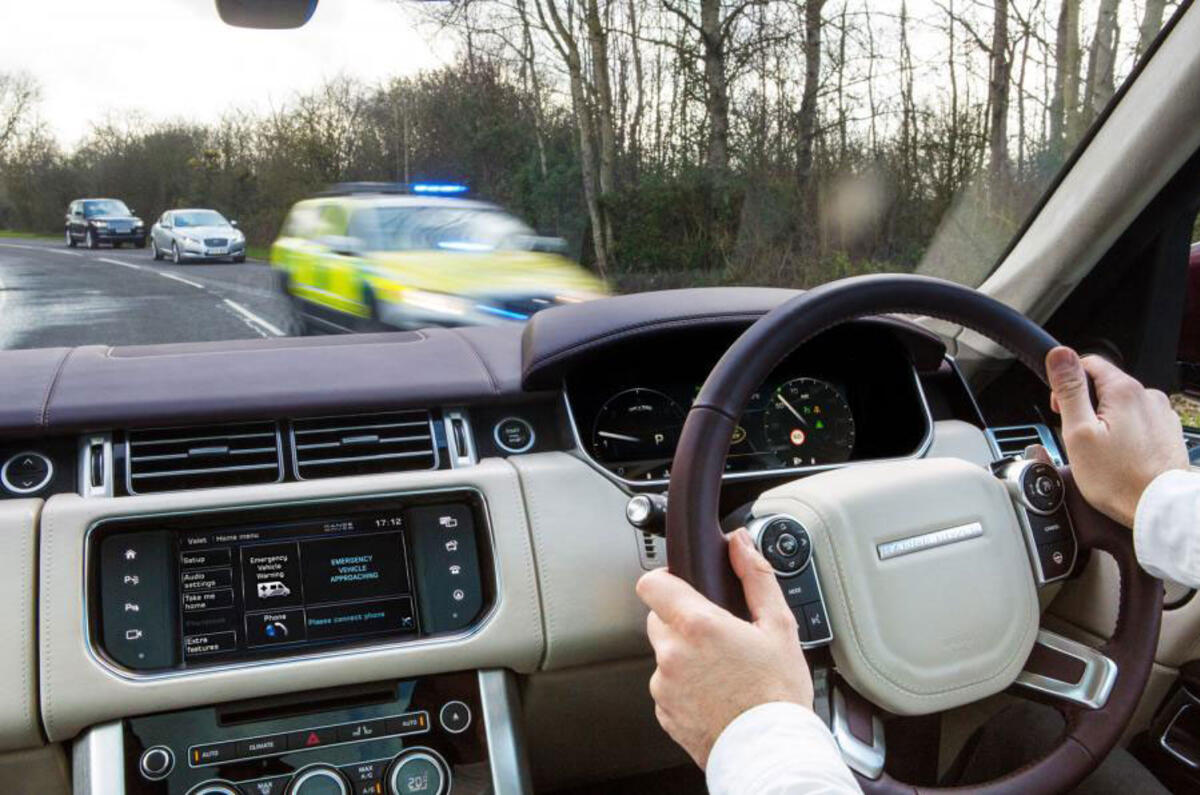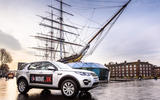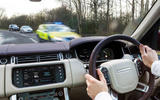A British research project featuring Jaguar Land Rover, Bosch and Direct Line could drive down insurance premiums with the development of more efficient data collection software for cars equipped with autonomous driving capability.
Insurance experts predict that the higher costs related to driverless cars, their more complicated hardware and the public's unfamiliarity with them will initially increase insurance premiums when such vehicles arrive on our roads in earnest. But Move UK, a London-based project supported by £3.4 million of government funding, is investigating ways to efficiently use data to combat insurance hikes.
JLR has supplied a fleet of five Land Rover Discovery Sports equipped with Bosch forward-facing cameras and radars to Greenwich Borough Council, another Move UK partner, for its employees to use as daily transport. The technology onboard each vehicle has been designed to only record ‘events’, such as hard braking manoeuvres and unexpected changes to road furniture, rather than all moments of a journey, by intelligently recognising these important incidents.
Without this system of recording, Move UK predicts that the amount of data recorded and collected by a fully autonomous car could exceed 8GB per second. That huge amount of data would prove costly and time-consuming for an insurer like Direct Line to filter through in order to determine the risks presented by autonomous cars on urban roads. By using the more streamlined data-collection system being researched by Move UK, potential risks can be evaluated in less time, enabling insurers to quickly build a picture of how self-driving cars operate.
Direct Line's director of motor development, Dan Freedman, told Autocar that the long-term effect of this could be lower premiums, "even though the cost of cars equipped with driverless technology may initially push them up".
Bosch UK chief engineer Sven Lanwer added that pooling data from all autonomous cars would further enhance progress. Bosch is already investing in artificial intelligence technology for autonomous cars, but believes that a network of vehicles sharing data will be just as important to ensure urban driverless cars are safe – and therefore present a lower risk to the companies insuring them.
Such a practice could link with plans from the European Commission that are calling for the mandatory integration of black box-type recording devices in cars, which would save data from before, during and just after an incident. The plan was initially proposed to be rolled out from 2018, but projections now suggest it won't come into force before 2021.
More content:







Add your comment